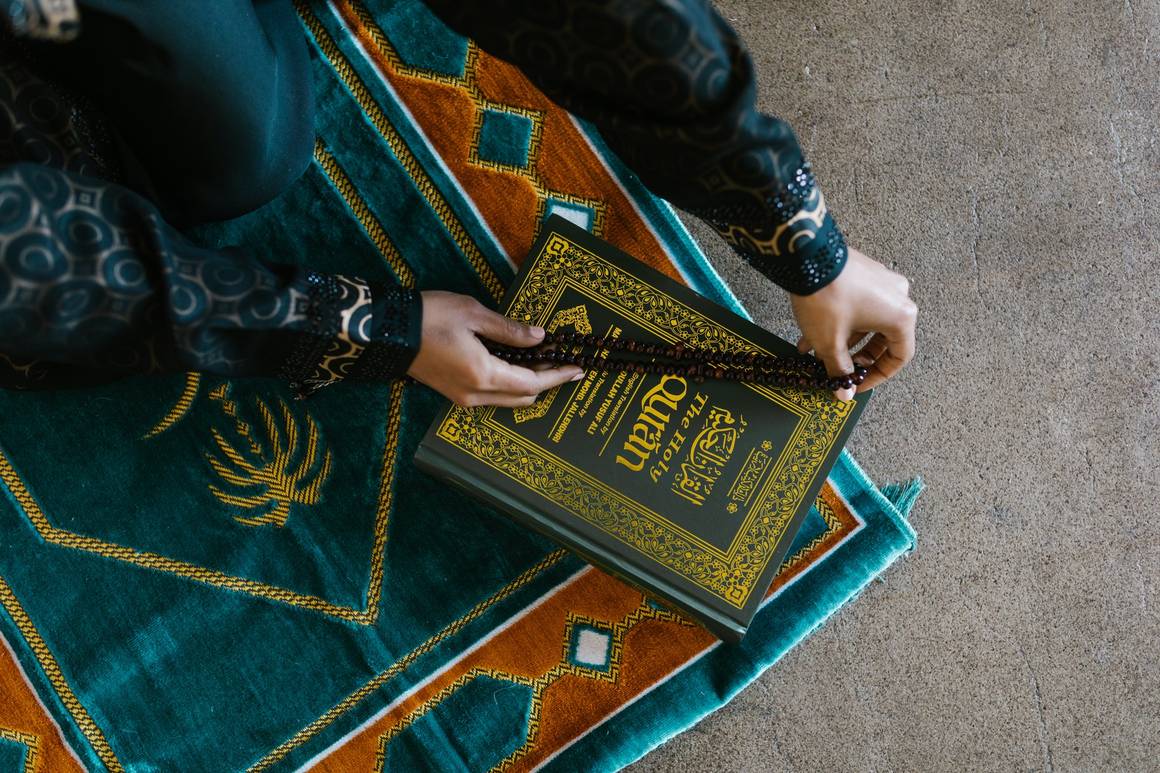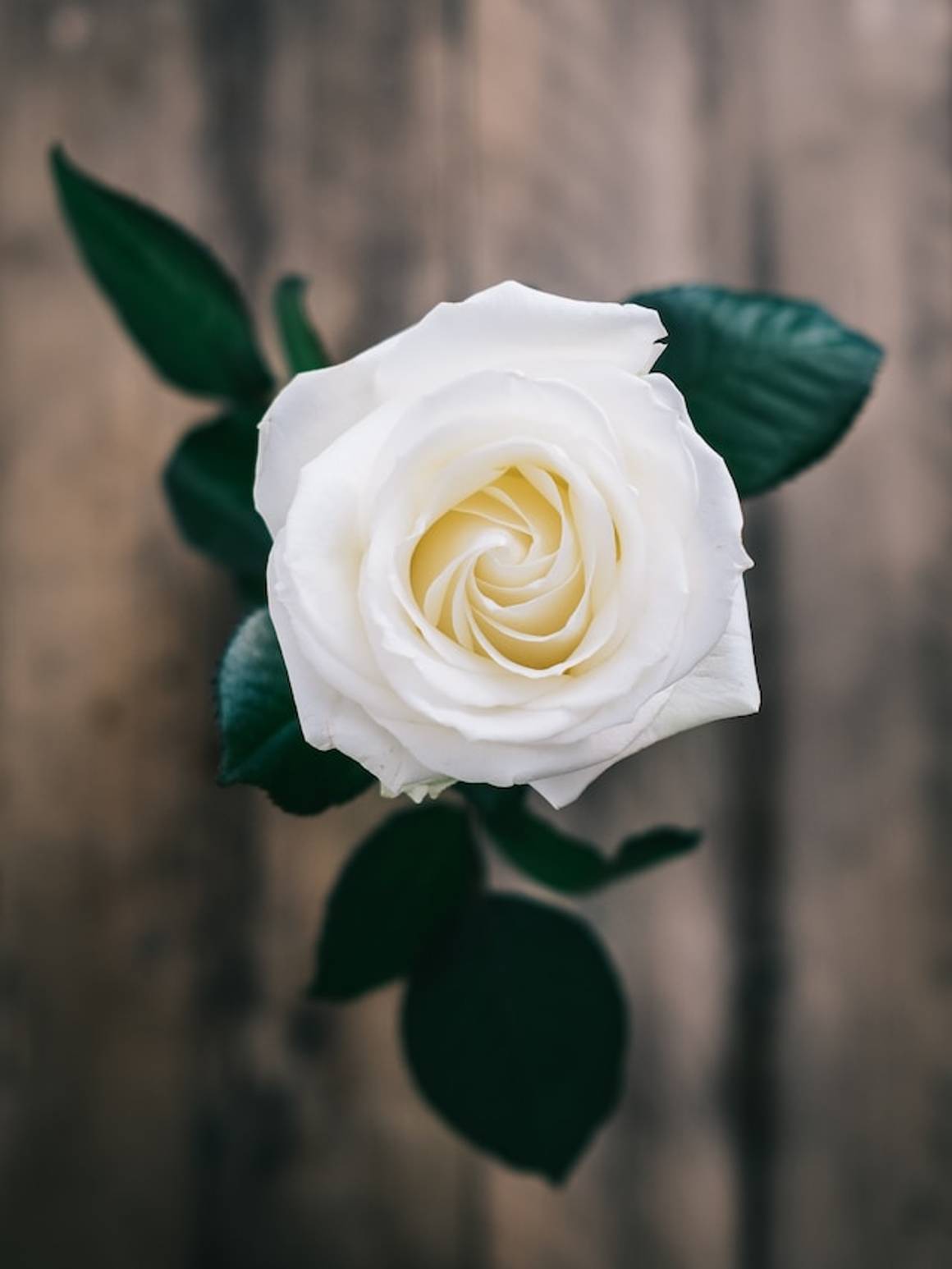In a world where the role of women is often misunderstood, misrepresented, or marginalized, Islam stands as a beacon of light, offering a balanced and dignified perspective on the status and responsibilities of women. Far from the stereotypes and misconceptions, Islam elevates women to a position of honor, respect, and equality, while recognizing their unique contributions to society. This article seeks to explore the profound role of women in Islam, as outlined in the Quran and exemplified by the life of the Prophet Muhammad (peace be upon him).
Spiritual Equality: Women as Equal Partners in Faith
Islam unequivocally affirms the spiritual equality of men and women. The Quran states:
O mankind, indeed We have created you from male and female and made you peoples and tribes that you may know one another. Indeed, the most noble of you in the sight of Allah is the most righteous of you. Indeed, Allah is Knowing and Acquainted.Quran 49:13
This verse makes it clear that superiority is not based on gender, race, or social status, but on piety and good deeds. Women, like men, are called to worship Allah, seek knowledge, and strive for excellence in their faith. The Quran also emphasizes that both men and women are equally rewarded for their good deeds:
Whoever does righteousness, whether male or female, while they are believers—We will surely cause them to live a good life, and We will surely give them their reward according to the best of what they used to do.Quran 16:97
Women as Educators and Nurturers
One of the most significant roles of women in Islam is that of a mother. The Prophet Muhammad (peace be upon him) highlighted the immense status of mothers when he said,
Paradise lies at the feet of your mother.Prophet Muhammad
This profound statement underscores the critical role women play in shaping future generations. Mothers are the first teachers, imparting values, morals, and faith to their children. Their influence extends beyond the home, as they contribute to the moral and spiritual fabric of society.
Women as Contributors to Society
Contrary to the misconception that Islam confines women to the home, Islamic history is replete with examples of women who played active roles in society. Khadijah (may Allah be pleased with her), the first wife of the Prophet Muhammad (peace be upon him), was a successful businesswoman who supported her husband and the early Muslim community financially and emotionally. Aisha (may Allah be pleased with her), the beloved wife of the Prophet, was a renowned scholar and teacher who transmitted thousands of hadiths and played a pivotal role in educating both men and women.
Islam encourages women to seek knowledge, engage in charitable work, and contribute to their communities in meaningful ways. The Quran and Sunnah provide a framework for women to balance their personal, familial, and societal responsibilities without compromising their dignity or faith.
Women’s Rights: A Revolutionary Concept
At a time when women were often treated as property, Islam granted women rights that were revolutionary for their time. The Quran granted women the right to inherit, own property, and engage in business transactions—rights that were unheard of in many societies until centuries later. Islam also emphasized the importance of consent in marriage, ensuring that women have a voice in choosing their life partners.
The Quran states:
And they (women) have rights similar to those (of men) over them in kindness, and men are a degree above them [in responsibility]Quran 2:228
This verse highlights the complementary nature of men and women, with each gender having specific roles and responsibilities that contribute to the harmony of family and society.
Modesty and Dignity: A Shared Responsibility
Islam places great emphasis on modesty and dignity for both men and women. The Quran instructs men to lower their gaze and guard their modesty (Quran 24:30) before addressing women with the same command (Quran 24:31). This mutual responsibility reflects Islam’s balanced approach to gender relations, ensuring that both men and women are treated with respect and honor.
Tell the believing men to lower their gaze and be modest. That is purer for them. Lo! Allah is aware of what they do.Quran 24:30
And tell the believing women to lower their gaze and be modestQuran 24:31
The hijab, often misunderstood as a symbol of oppression, is in fact a symbol of empowerment and devotion. It allows women to be recognized for their intellect and character rather than their physical appearance, aligning with Islam’s emphasis on inner beauty and piety.
Challenges and Misconceptions
Despite the clear teachings of Islam, cultural practices and societal norms have sometimes overshadowed the true role of women in Islam. It is crucial for Muslims to differentiate between cultural traditions and Islamic principles, ensuring that women are granted the rights and respect they are entitled to under Sharia.
Misconceptions about Islam’s view of women often stem from a lack of understanding or misrepresentation. As Muslims, it is our duty to educate others about the true teachings of Islam and to advocate for the rights and dignity of women in our communities.
A Call to Honor and Empower Women
The role of women in Islam is one of honor, respect, and empowerment. From spiritual equality to societal contributions, Islam provides a comprehensive framework that upholds the dignity and rights of women. As Muslims, we must strive to embody these teachings in our daily lives, ensuring that women are valued, supported, and given the opportunities they deserve.
Let us remember the words of the Prophet Muhammad (peace be upon him):
The best of you are those who are best to their women.Prophet Muhammad
By honoring and empowering women, we not only fulfill our religious obligations but also contribute to a just and harmonious society that reflects the beauty of Islam.
May Allah guide us to uphold the rights and dignity of women and to follow the example of the Prophet Muhammad (peace be upon him) in treating them with kindness, respect, and fairness. Ameen.


